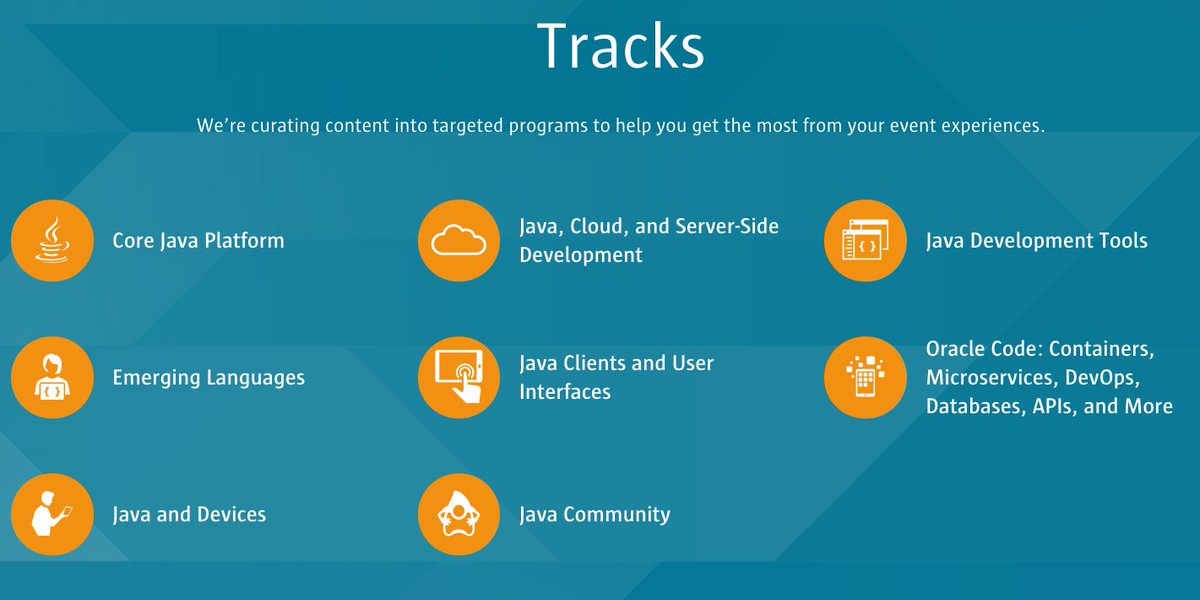This year, I’m speaking and live blogging from QCon. New York.
140 speakers and 900 attendees. From 38 states plus international. Should be good! As I always, I like the hallway track, emphasis on useful badges, etc. I don’t remember “My QCon Trail” from last year. Goo way to see what you went to, how you voted and how others voted.
Wednesday
- Developers as a Malware Distribution Utlity – Guy Podjarny
- Privacy Ethics – A Big Data Problem – Raghu Gollamudi
- Data, GDPR & Privacy – Doing it right without losing it all — Amie Dunn
- Rethinking HCI With Neural Interfaces – Adam Berenzweig
- (missed a talk; I had to run an errand which wound up taking a long time)
- Smart Speakers: Designing for the Human – Charles Berg
- Behavioral Economics and Chatbots – Jim Clark
Thursday
- A brief, opinionated history of the API — Joshua Bloch
- AMA Josh Bloch
- Investing in your Java Katalog – Don Raab & Aditi Mantri
- Effective Java – Josh Bloch (I did a QCon interview for the first half of this session. I used the rest to prepare for my own session. Since I had seen Josh give this presentation before, it was nice hearing it again as “background” as I got ready though. It’s the kind of talk you get a little more from each time you hear it)
- Mob Programming Mini Workshop – Harold Shinsato
- Java 11 keeping the release train on the right track – my talk. I can’t blog about my own session so here is a link to the slides
- Yo. Ask me Anything – I was on this panel so no blog here either.
Friday
I wasn’t able to get Friday off from work so didn’t attend the conference that day.

